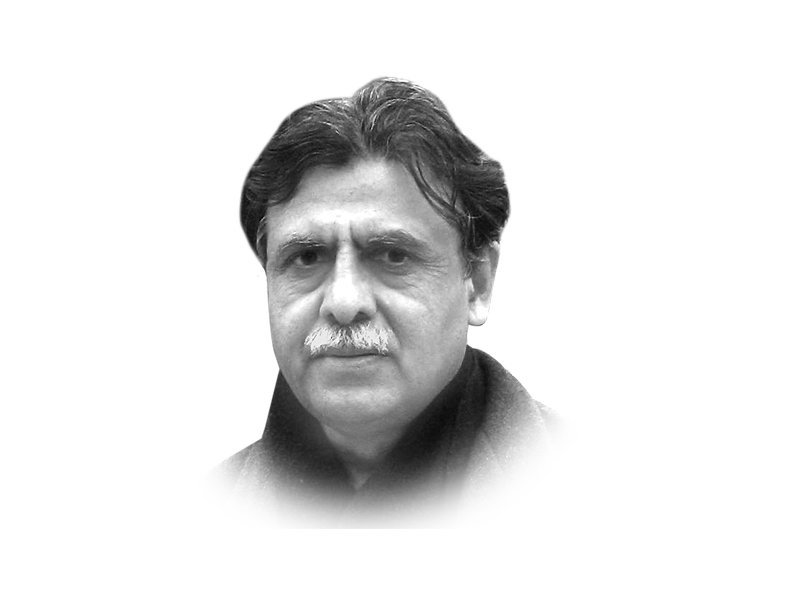
In all this chaos, one thing that was evident was that the arbiters of our public good — the returning officers (ROs) — went beyond the call of duty and were far too inquisitorial while quizzing the hapless aspiring candidates. One could not help but feel that all this was part of some orchestrated script. The Lahore High Court, thankfully, has graciously intervened. The Election Commission of Pakistan (ECP) also woke up to the situation and issued belated instructions to the ROs to ask relevant questions. The ECP officials have maintained a rather shaky stance that the ROs, being judicial officers, did not report to the commission. This was a misplaced plea as once these officers were co-opted for the elections, it was well within the purview of the ECP to exercise due oversight over them and also provide them with proper guidelines. Election staff all over the world is drawn from many outfits. In our zeal, we ended up mixing institutional roles. The decision to involve judicial officers in the electoral process, which is essentially an administrative responsibility, was never foisted on the ECP from any quarter. This happened on its own formal request. The decision in this regard was a departure from the Judicial Policy of 2009, which rightly drew a line for judicial officers when it came to their involvement in election duties. This was mainly to avoid political controversies. There have been occasions in the past when elections have been conducted through the subordinate judiciary, yet complaints about lack of transparency and alleged rigging never abated. In one of my articles for this newspaper last year, it was observed as follows: “The ECP should have followed the normal blueprint of the election process as adhered to in many other emerging democracies. It is pertinent to cite the example of the Indian election commission, which has a reputation of introducing fair and free elections that fall back on normal district administrative machinery.”
Once a policy decision was taken in this regard, the ECP should have ensured an intensive training module for the ROs, who were required to undertake a demanding exercise. The officers, who may have been fairly competent in their own area of specialisation, were neither exposed to this kind of work in their professional life nor did they have the required training.
The story does not end here. Some former ministers and parliamentarians have been handed down prison sentences on charges of holding fake degrees by sessions courts. Fraudulent practices have no place in public life. The lawbreaker must reap what he has sowed. Petitions against fake degrees, however, had been pending in the courts since 2002. Some of the verdicts were being pronounced after two parliaments had completed their tenures. The law on the subject no longer holds ground. In public life, the timing of decisions is as critical as the decisions themselves. The question is, why did it take so long to firm up decisions on fake degree holders, more so at a time when the electorate has been called upon to exercise its right to vote? The controversial graduation requirement was introduced by General (retd) Pervez Musharraf, who wanted to influence the composition of assemblies for ulterior motives. Graduates of religious seminaries were the obvious beneficiaries who made their way into the NWFP and Balochistan assemblies.
The issue of fake degrees requires some more clarity. There are two categories of such degrees. In the first case, an institution may never have issued a degree or the institution may never have existed. The second category consists of those institutions which were in business but without proper accreditation by the Higher Education Commission (HEC). This amounts to the HEC failing to discharge its duties.
A word about the caretaker cabinet. Transparency International has pointed out that two cabinet ministers had contractual deals with state organisations that came under the ministries which they are now heading. The country does not expect much from these players in terms of guarding the national interest but it does expect our custodians to at least avoid conflicts of interest as long they are in public office.
Published in The Express Tribune, April 18th, 2013.
COMMENTS (1)
Comments are moderated and generally will be posted if they are on-topic and not abusive.
For more information, please see our Comments FAQ













A well written article with guide lines to be taken seriously by ECP and the interem government..